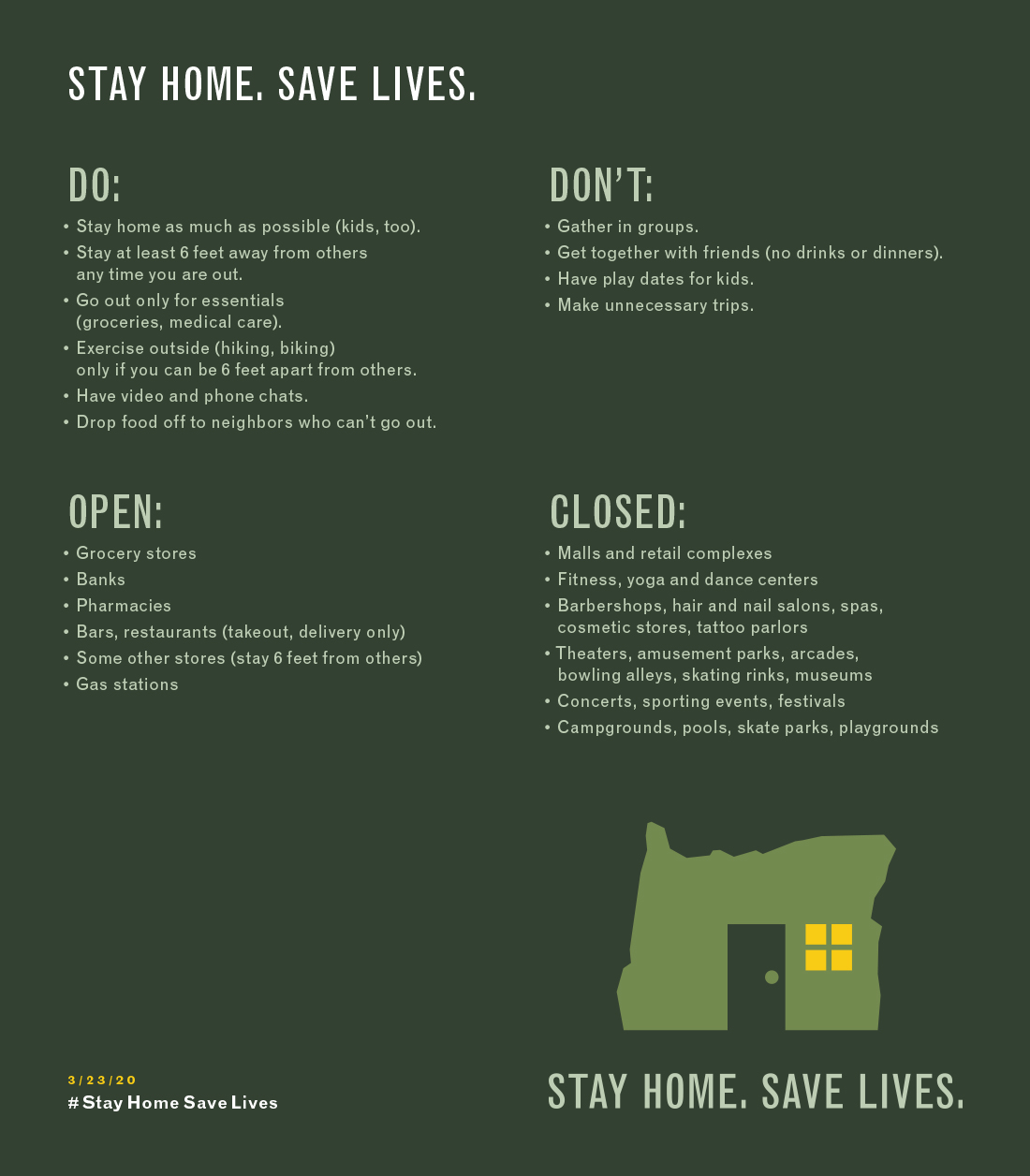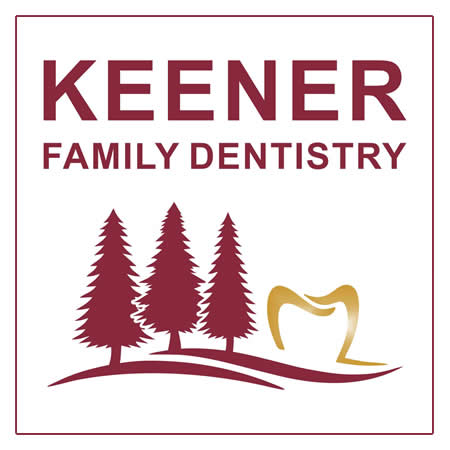Dear valued patient,
In light of growing concerns about the ongoing COVID-19 pandemic, especially given its presence in the state of Oregon, we are writing to provide an update from our office.
First, we want to assure you that your health and safety is always our highest priority. Our office has been closely monitoring and adhering to recommendations from the Centers for Disease Control (CDC), and we have implemented additional sanitary and disinfecting measures in our office, in addition to our already very strict infection control practices. We have provided additional training and instructions on cleaning procedures to our entire dental team and have required that if staff are sick, they do not come to the office.
However, even with all these precautionary measures, the situation around COVID-19 is unprecedented. As health care leaders in Oregon, dentists across the state are making additional efforts to stop the spread and ultimately contain the virus.
To this end, at the recommendation of the American Dental Association and Oregon Dental Association, we are requesting patients to postpone all elective procedures and non-urgent visits through June 15th. For those patients that have appointments scheduled, a member of our staff will be in contact with you to re-schedule. We will remain available to treat patients on an emergency basis.
Again, the health and safety of our patients remains our top priority. Please contact our office at 541-548-4064 with any questions.
Thank you for your patience and understanding,
Keener Family Dentistry
- Dental emergencyDental emergencies are potentially life threatening and require immediate treatment to stop ongoing tissue bleeding, alleviate severe pain or infection, and include:
- Uncontrolled bleeding
- Cellulitis or a diffuse soft tissue bacterial infection with intra-oral or extra-oral swelling that potentially compromise the patient’s airway
- Trauma involving facial bones, potentially compromising the patient’s airway
Urgent dental care focuses on the management of conditions that require immediate attention to relieve severe pain and/or risk of infection and to alleviate the burden on hospital emergency departments. These should be treated as minimally invasively as possible.
- Severe dental pain from pulpal inflammation
- Pericoronitis or third-molar pain
- Surgical post-operative osteitis, dry socket dressing changes
- Abscess, or localized bacterial infection resulting in localized pain and swelling.
- Tooth fracture resulting in pain or causing soft tissue trauma
- Dental trauma with avulsion/luxation
- Dental treatment required prior to critical medical procedures
- Final crown/bridge cementation if the temporary restoration is lost, broken or causing gingival irritation
Other urgent dental care:
- Extensive dental caries or defective restorations causing pain
- Manage with interim restorative techniques when possible (silver diamine fluoride, glass ionomers)
- Suture removal
- Denture adjustment on radiation/oncology patients
- Denture adjustments or repairs when function impeded
- Replacing temporary filling on endo access openings in patients experiencing pain
- Snipping or adjustment of an orthodontic wire or appliances piercing or ulcerating the oral mucosa
- Dental non emergency proceduresRoutine or non-urgent dental proceduresinclude but are not limited to:
- Initial or periodic oral examinations and recall visits, including routine radiographs
- Routine dental cleaning and preventive therapies
- Orthodontic procedures other than those to address acute issues (e.g. pain, infection, trauma)
- Extraction of asymptomatic teeth
- Restorative dentistry including treatment of asymptomatic carious lesions
- Aesthetic dental procedures


